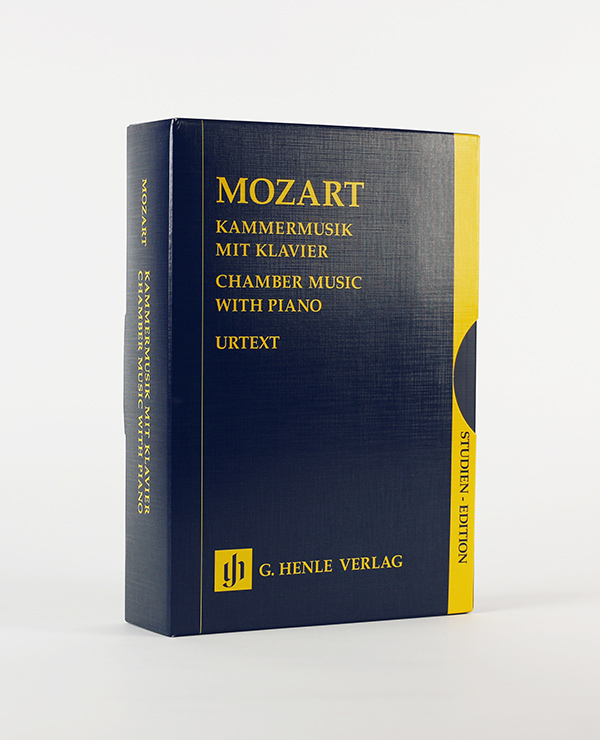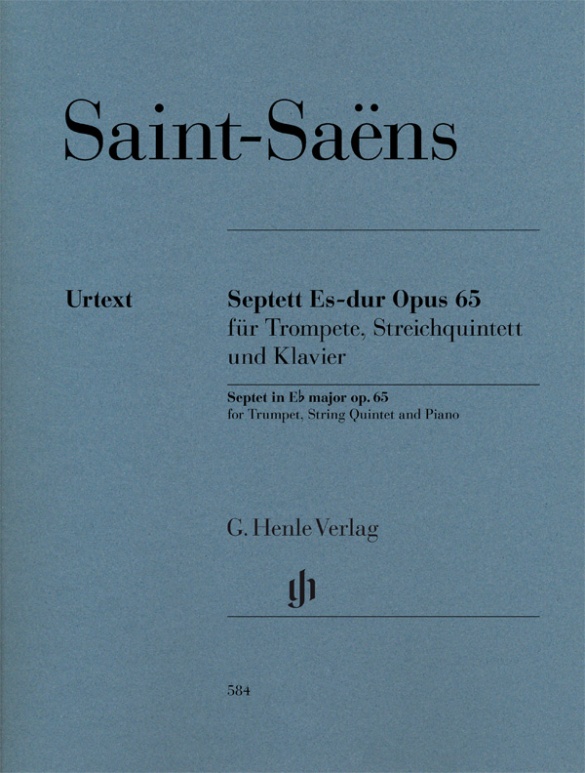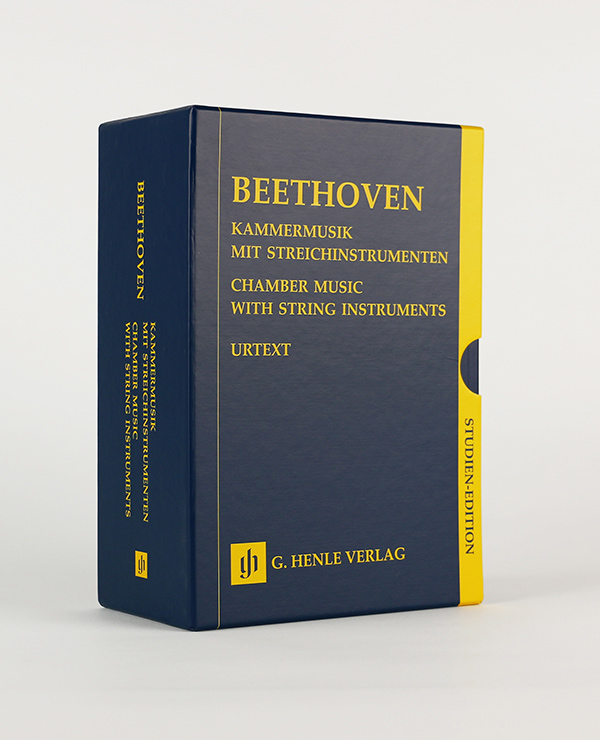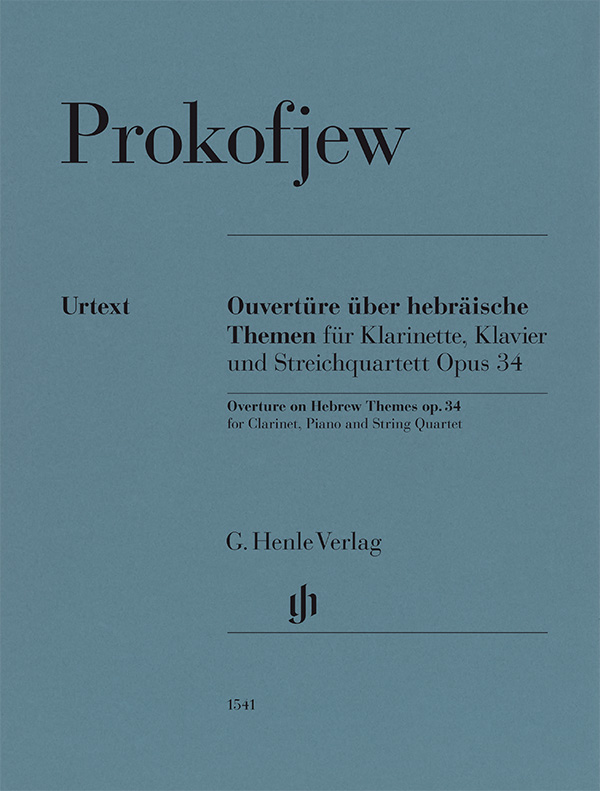

Sergei Prokofiev
Overture on Hebrew Themes op. 34
This overture was commissioned by the Jewish ensemble “Zimro”, which was made up of six former classmates from the St. Petersburg Conservatory, whom Prokofiev met again in New York in 1919. They wanted an overture for their individual sextet formation and gave Prokofiev a book with Hebrew melodies. The composer was initially reluctant, since he did not normally work with themes that were not his own. But then his interest was sparked, and he completed the task in just two days. In the overture, cheerful, dance-like sections alternate with melancholy passages, whereby the ensemble’s special colour comes to the fore with the Klezmer sound so typical of Jewish music. The edition presented by Fabian Czolbe, with a preface by renowned Prokofiev scholar Simon Morrison, is the first Urtext edition of this work.
Content/Details
About the Composer
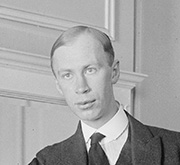
Sergej Prokofjew
Together with Shostakovich, Prokofiev is the Soviet Union’s most important composer. He left behind a
wide-ranging oeuvre from the most modern to neo-classically simple works, from
propagandistic commissions to compositions that the CPSU rejected as being formalistic.
| 1891 | Prokofiev is born on 23 April in Sontsovka (Ukraine), the son of a farmer. |
| 1904–14 | He studies at the St. Petersburg Conservatory. |
| from 1908 | He is a member of the circle around Serge Diaghilev, who occupies himself intensively with contemporary music. |
| 1911–18 | Avantgarde compositions such as Sarcasms, the Piano Concertos nos. 1 and 2, “Visions fugitives”, “Scythian Suite” are dismissed as being futuristic. |
| 1916–17 | The “Symphonie Classique”, drawing on classical models, brings him international renown. |
| 1918 | Prokofiev leaves the Soviet Union and travels to the USA, where his opera “The Love for Three Oranges” is performed in Chicago, and then travels to Paris in 1922. He enjoys a close cooperation with Diaghilev and writes ballet compositions. |
| 1919–23 | He composes the opera “The Fiery Angel”, which receives its first performance posthumously in Venice in 1954. |
| 1923–25 | The composer continues to develop his avantgarde musical language, for instance in the 2nd Symphony. |
| 1927 | He enjoys a successful concert tour around the Soviet Union. |
| 1929 | “The Gambler” is premiered in Brussels. |
| 1936 | Prokofiev returns to his home country. He writes compositions in line with the cultural ideology of the Soviet Union. He turns towards a simpler music as early as the beginning of the 1930s. “Peter and the Wolf” is composed. |
| 1946 | “The Engagement in the Monastery” is performed in Prague and “War and Peace” in Leningrad. |
| 1948 | He is accused of formalism. |
| 1953 | Prokofiev
dies on 5 March in Moscow. |
About the Authors
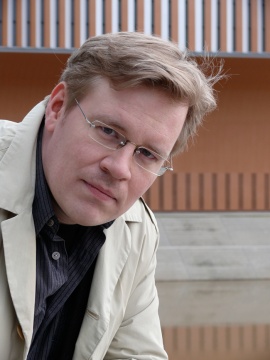
Markus Bellheim (Fingering Piano)
Product Safety Informations (GPSR)

G. Henle Verlag
Here you can find the information about the manufacturer of the product.G. Henle Verlag e.K.
Forstenrieder Allee 122
81476 München
Germany
info@henle.de
www.henle.com
recommendations
autogenerated_cross_selling
Further editions of this title


